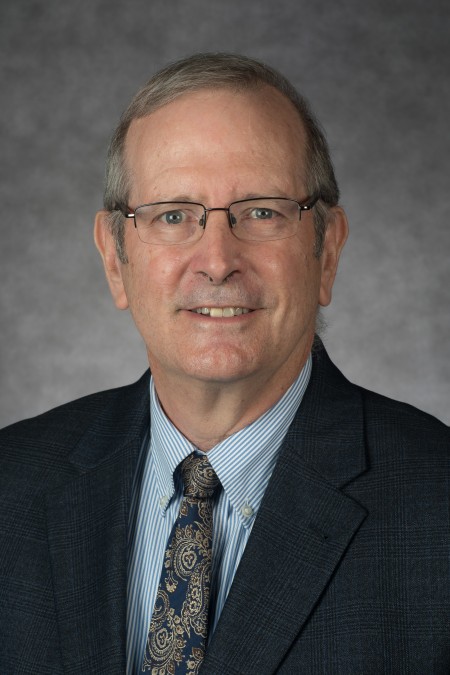
Long before he founded the Midwest Immigrant Rights Center, or joined the leadership council of the National Immigrant Justice Center, or received the Spirit of DePaul Award, the Rev. Craig Mousin remembers the fascination he felt with the subject matter of one course as a first-year UI Law student.
“Little did I know as I sat in Professor Jeffrey O’Connell’s first year torts class discussing Palsgraf v. Long Island Railroad Co. that my career choices would lead me to teach Immigration and Asylum law or that I would work with refugees and immigrants seeking safety and freedom in our land," says the 1978 College of Law grad, now DePaul University's ombudsperson.
“As I began my first year, I was still chafing from Dean John Cribbet’s admonition that we not ride off on our horses to further social justice until we were properly prepared. Still, I was finding the world of law fascinating.
“Professor O’Connell’s ability to engage us in discerning how to identify harm and find appropriate remedies never failed to inspire me. Tort law was not just an analysis of an individual’s wrongs righted, but a theory of how a society adapted to risk and innovation while resolving any resulting harm.
“Professor Paul Marcus encouraged us to delve into both sides of criminal procedure law as we examined whether a society can actually protect the people while implementing and following its constitutional protections.
“Lost in the intricacies of learning the law in the heartland, I doubted, wrongly in retrospect, Professor Ralph Reisner’s challenge to break open my cultural silo and seek international experience to expand my world view. Indeed, Dean Cribbet was right. I realized how little I knew. There was much I needed to learn. I am grateful the College of Law prepared me well to employ those skills while representing refugees or teaching asylum law.
“Surprisingly, however, the law school had no course on immigration or refugee law. We struggled to establish a National Lawyers Guild chapter, let alone an Immigration Law Society.
“Pondering this request to consider a favorite person or memory, I realize, nonetheless, the strength of the foundation prepared by the College of Law. I thank each professor who invited me into their area of research and scholarship while modeling great teaching techniques. I have tried to appropriate some of those skills in my own teaching at DePaul College of Law.
“I am grateful for my classmates who guided me when I left class perplexed or when the volume of work seemed overwhelming. Their laughter and friendship placed it all in perspective. I give thanks to Bill and Joyce Krahling, longtime Champaign residents and friends, who opened up their home and hearts to give me a place of refuge from the stress of the classroom while also introducing members of St. Peter’s United Church of Christ, where we often discussed the role of faith in a democratic republic and our responses to a call to justice.
“I did not fully hear that call until years later, after initially leaving law to attend Chicago Theological Seminary. I became interested in the biblical challenge to welcome the immigrant in our midst. I give thanks to the life of Jonathan Daniels, whose martyrdom in the civil rights movement led to the fellowship that initiated my work with refugees and immigrants in the 1980s with the Midwest Immigrant Rights Center. His faithfulness and commitment to equality and justice provide an anchor to my work.
“I am in debt to the refugees and immigrants who have invited me to represent them. They have taught me about what a religious faith means in a life well-lived. They have witnessed to what it means to truly hold a political opinion that might endanger themselves or their loved ones, yet will not let them abdicate their task because of the risk. They demonstrated a level of perseverance that I did not know existed, but they still entrusted me with their personal stories and lives.
“I am not sure why the Palsgraf case entered my thoughts. The idea motivated further research.
“I found the New York Times story that ran the day after the explosion led to Mrs. Palsgraf’s injuries. Ironically, the lead paragraph mentioned the immigrant status of the men carrying the fireworks. Even then, some journalists sought to provoke outrage by blaming the immigrants in our midst.
“Later, however, came this sentence: ‘Women picked up their children and ran for shelter and the men too, not knowing what had happened, rushed for protection.’
“Sadly, today, women, men and their children still run for the protection of law. Refugees and immigrants have revealed that we still need well-prepared lawyers. Enforcement activities eviscerate legal protections for immigrants. Political agendas deny legal protection and undermine the human dignity we owe each other.
“I am grateful to the College of Law prepared me to work in solidarity with so many who seek freedom from persecution. I also give thanks to the community of immigration lawyers, legal workers, translators, students and immigration law professors who constitute a tremendous collaborative working group.
“If you ever get depressed about the state of our nation, come join us in this work as you will meet some of the finest lawyers, immigrants and refugees committed to social justice.”

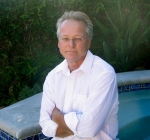
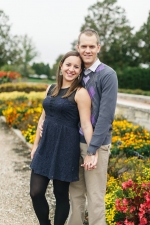
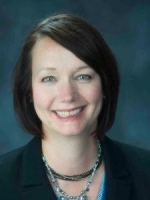

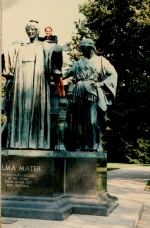

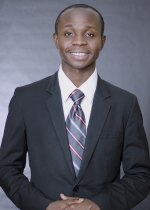
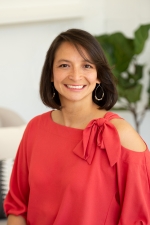
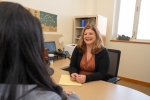
© 2026 The News-Gazette, All Rights Reserved | 201 Devonshire, Champaign, IL | 217-351-5252 | www.news-gazette.com
